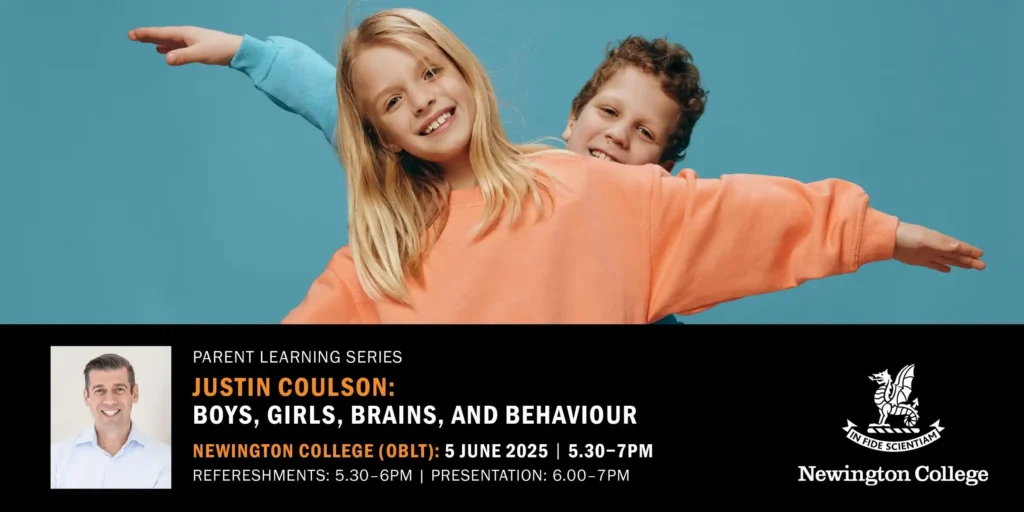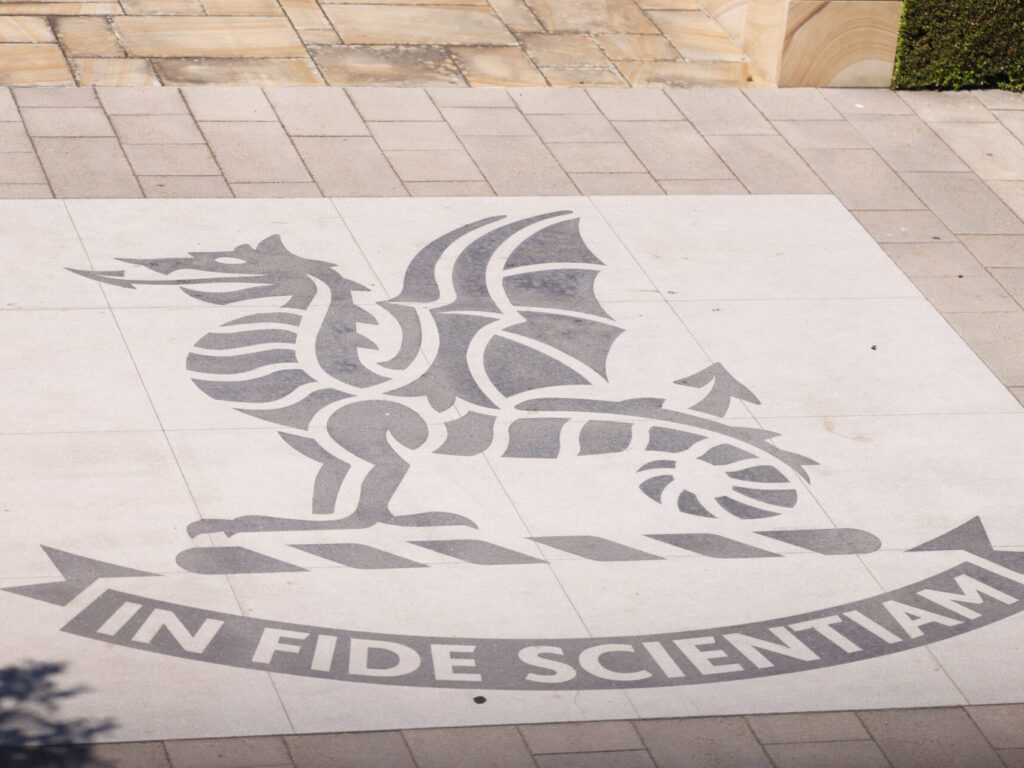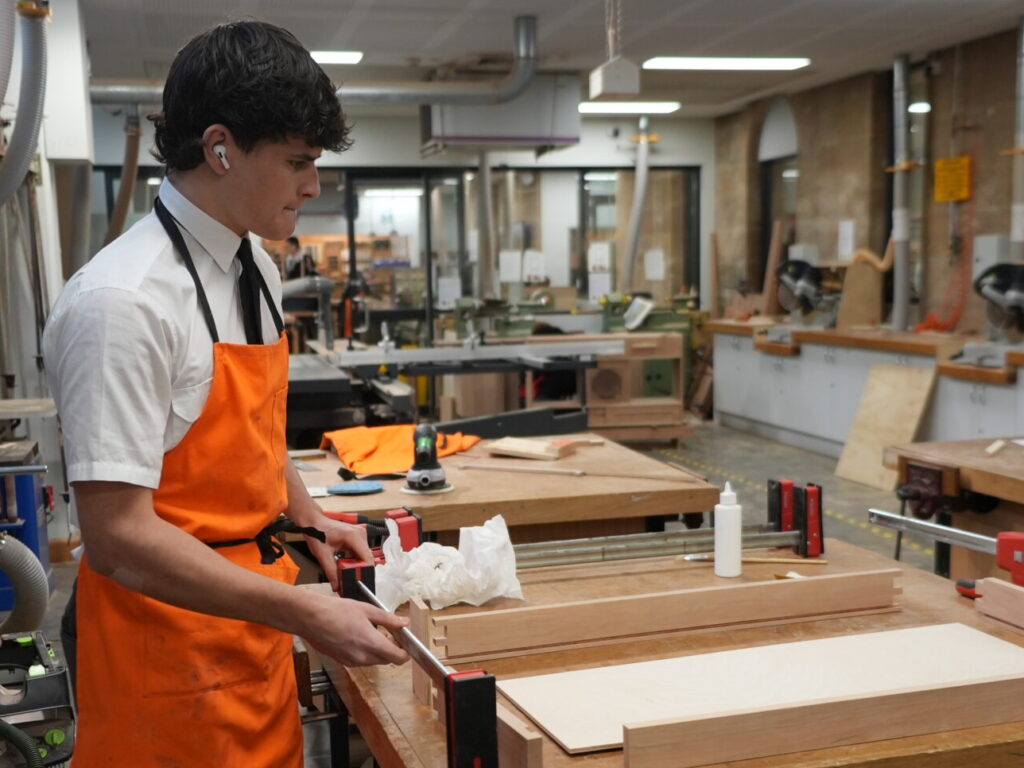Unlocking the secrets of learning
How do we ensure that the learning that happens at school sticks?
As parents and educators, we all want to support our children’s learning in the best way possible. Teachers spend a lot of energy and time thinking about their instructional practice in school to ensure that it is engaging and relevant, in order to help maximise learning in the classroom. However, research from the fields of psychology and cognitive science can provide the secret to helping us understand how we learn. Professor Sean Kang, a cognitive psychologist at the University of Melbourne, has studied how we can make learning more effective. In a recent talk for teachers and parents at Newington College, he spoke about using an understanding of how the brain works, to help maximise learning in the classroom. How can educators think differently about their practice to ensure that this is used for the benefit of students?
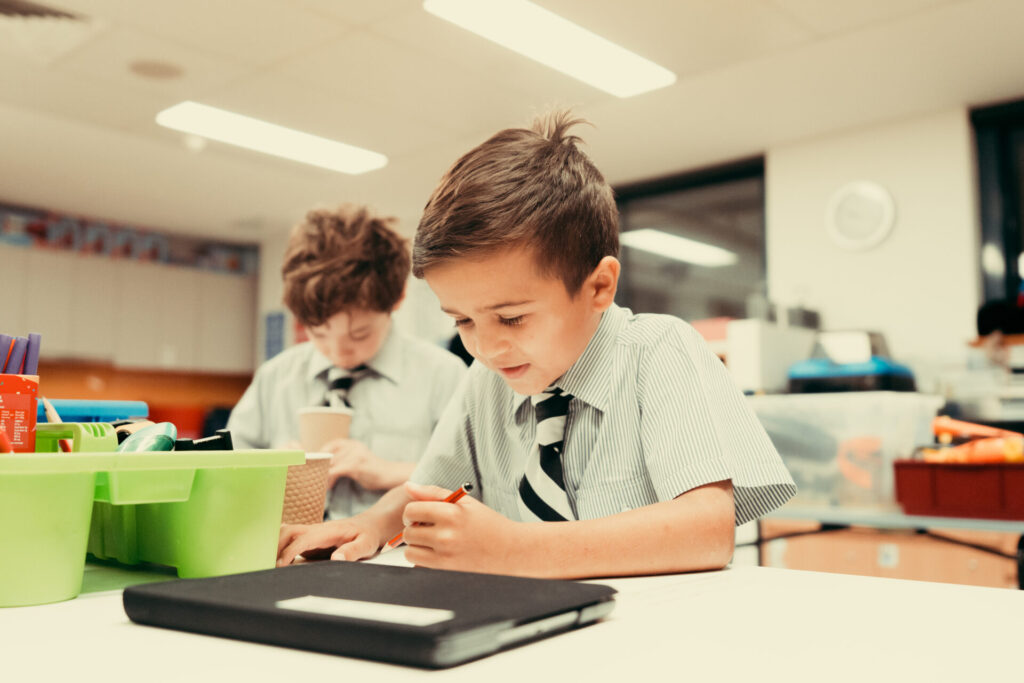
Cognitive Load Theory (CLT), developed by John Sweller in 1988, helps explain how our working memory processes information and how instructional design can optimise learning. Scientists now know that our working memory has limitations and once overloaded it can hinder learning and retention of information. Psychologists, such as Professor Kang, advocate for educators to think carefully and intentionally about instructional design to ensure that information is presented in a way which avoids extraneous load so that new schemas can be created to help students organise and store new information in their long-term memory.
The power of spaced repetition
Kang, and other psychologists, have found that children learn better when they review information over time, rather than cramming it all at once. This method is called spaced repetition or practice. This can be applied to all learning areas and has a powerful impact on deepening mastery of a subject. If a child is learning new words, reviewing them a little bit each day is more effective than trying to memorise them all in one go. This approach helps the brain retain information for longer and makes learning more efficient. It is rather different to the practice of cramming for an exam, which as adults we are more familiar with. In our Prep schools, this is called ‘daily review’, where learning is mapped to ensure that children are revisiting material regularly and systematically. Teachers notice that when time is spent for a few minutes every day reviewing material, it is beneficial to all students and frees up cognitive space for deeper learning.
The benefits of retrieval practice
Kang also speaks of the importance of retrieval practice, which involves actively recalling information. This active engagement helps strengthen our memories, which creates neural pathways. Learning material in a rote and passive manner should be avoided and instead students should be engaging more actively in retrieval. This retrieval practice has shown to move learning into the long-term memory and deepen understanding as it is connected to previously learnt knowledge. At our Prep schools, a simple ‘Do Now’ routine for students as they enter the classroom, allows time for students to recall previous learning and set them up ready for new learning in the lesson. This might be recalling a piece of previously learnt vocabulary, practicing some mathematical facts which will be needed for the lesson or talking to a partner about a process they used in science, which will help them tackle a new scientific procedure.
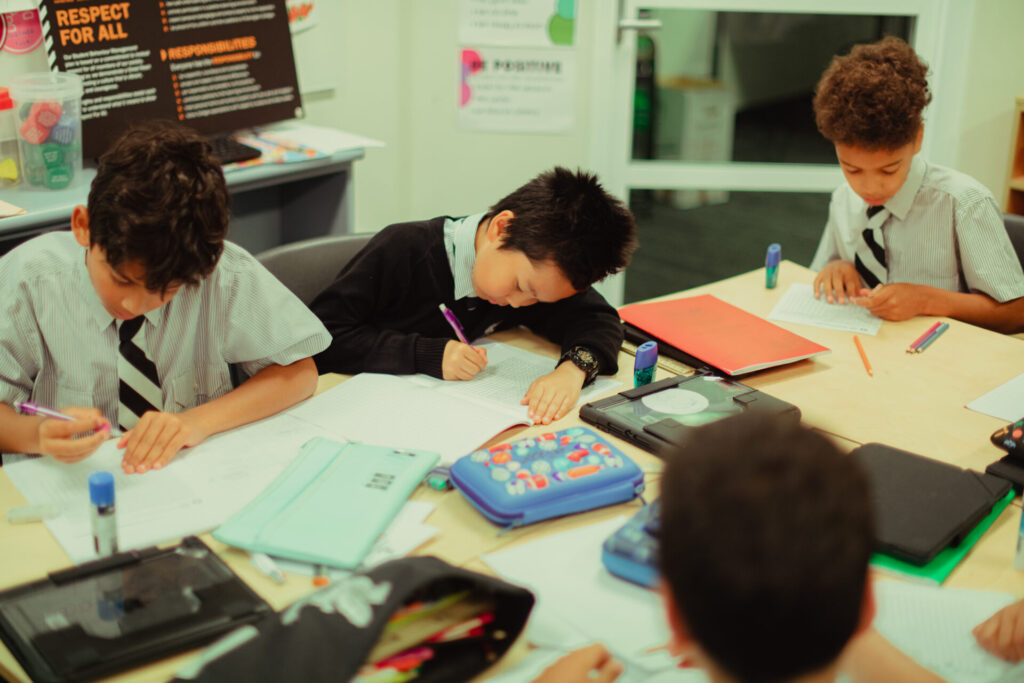
Interleaved practice
Kang’s research also highlights the benefits of interleaved practice, where different topics or skills are mixed intentionally. Continuous revision enhances long-term retention by requiring the brain to repeatedly retrieve and apply knowledge in various contexts. Ultimately, we want our students to have mastery of their learning, with the confidence to problem solve and think critically with that knowledge. This will only happen once children have a deeper understanding of the relationships and differences between concepts. Our curriculum at the Prep schools is designed to expose students repeatedly to prior learning, in different contexts, with the aim of achieving full mastery in their learning. Our Maths curriculum for example cycles back to concepts, asking children to make links between different areas to ensure they understand the ‘big idea’. This interleaving practice supports the research of cognitive scientists, such as Professor Kang, in helping educators ensure that learning is life-long.
Helping learning stick is our core business at the Prep schools and we are excited to be engaging with research from eminent psychologists, such as Professor Kang, to ensure that our students have the very best start in becoming lifelong learners.
If you’re interested in hearing more about different learning methodologies and the science behind child development and wellbeing, come along to Justin Coulson’s public talk in the Parent Learning Series: Boys, Girls, Brains & Behaviour, on Thursday 5 June at 5.30pm-7.30pm.
